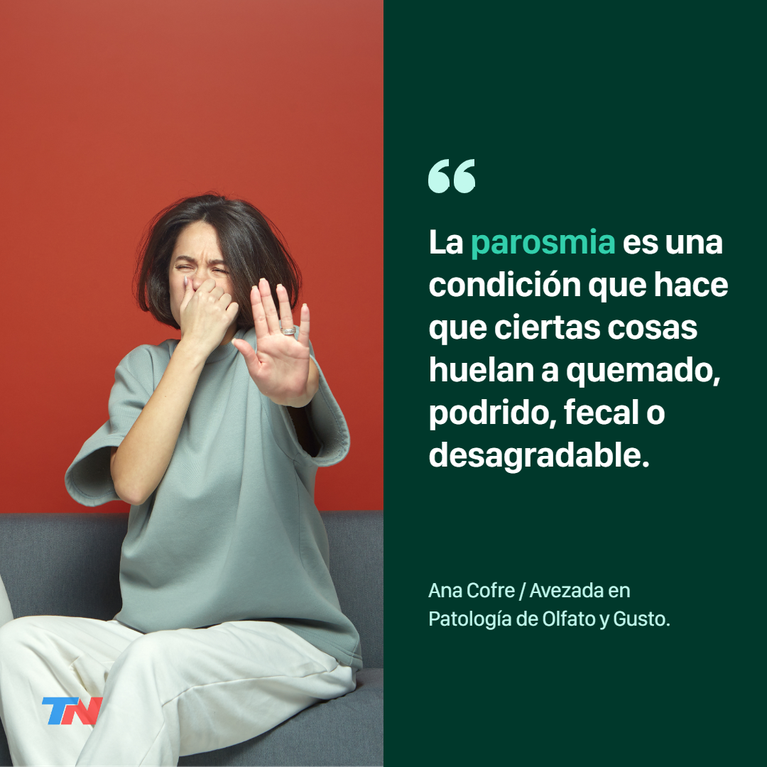In new research, published in Communications Medicinea team of scientists discovered that certain odor molecules highly potent found in the café trigger the feeling of dislike which is associated with parosmia.
By trapping the aroma of coffee, the team was able to test coffee compounds on volunteers who had parosmia and compare their reaction to those who did not. From the hundred aromatic compounds present in coffee, people with parosmia could point to those responsible for the feeling of disgust. Among the 29 volunteers, the scientists found 15 commonly identified compounds that triggered this pathology.
Jane ParkerAssociate Professor of Flavor Chemistry and Director of the Center for Flavors at the University of Readingsummarized: “This is solid evidence that not everything is in the head, and that the feeling of disgust it may be related to compounds in distorted foods. The system central nervous it is also involved in interpreting the signals it receives from the nose. The parosomic experience is a combination of the two mechanisms that produces the distorted perception of food everyday life and the feeling of dislike associated.

“Now we can see that certain aroma compounds found in foods are having this particular effect. We hope it will be reassuring for people with parosmia knowing that your experience is ‘real’, that we can identify other foods that may also be triggers, and also suggest ‘safe’ foods that are less likely to cause a problem. This research provides tools and helpful strategies to prevent or reduce the effect of triggers.
Read more: Distortions and hallucinations: a study revealed new consequences in smell for people suffering from long covid
simon ganeone of the researchers Royal National Ear, Nose and Throat and Eastman Dental Hospital, said: “We still have a long way to go to understand this affection, but this research is the first to come close to the mechanism in the nose. Now we know that this has to do with the nerves and their receptors because that is how these molecules are detected.”

According to a recent international survey, about 10% of people with loss of smell related to the coronavirus experienced a parosmia, immediately after the disease and that increased to the 47% when people were re-interviewed six or seven months later.
Some of the most cited foods and drinks that trigger parosmia in patients include:
- Café.
- Onions.
- She.
- Pollo.
- Green peppers.
Understand the molecules that activate the parosmia it can help form the basis for objective evidence and improve methods for measuring it beyond questionnaires or qualitative assessments. The findings may also help scientists explore the underlying mechanism of parosmia.
Source: Why coffee can smell like garbage for people with parosmia – Zyri













